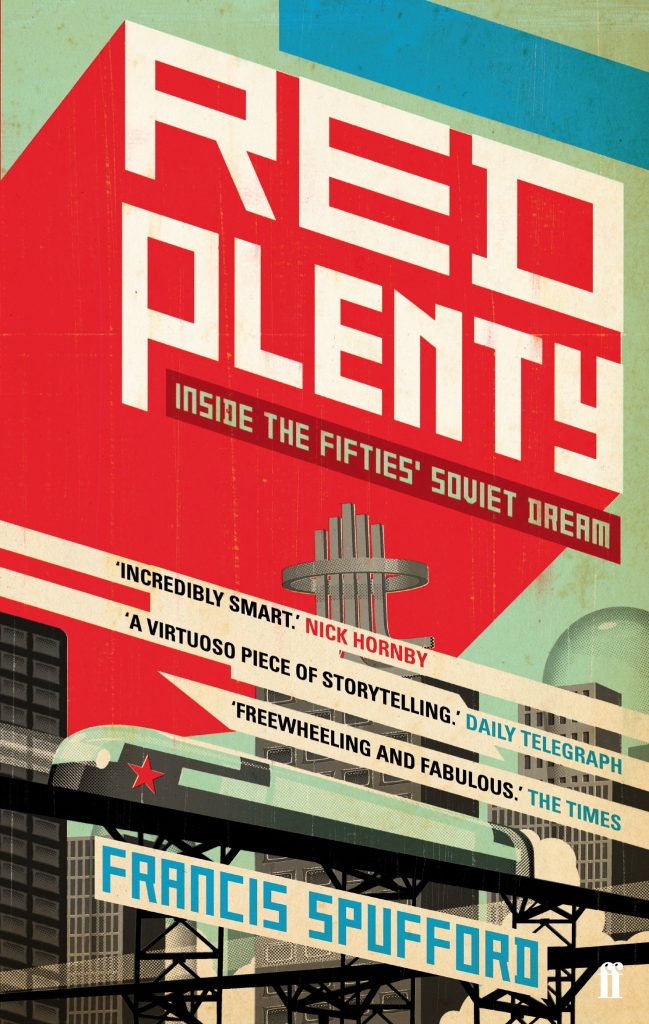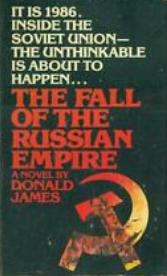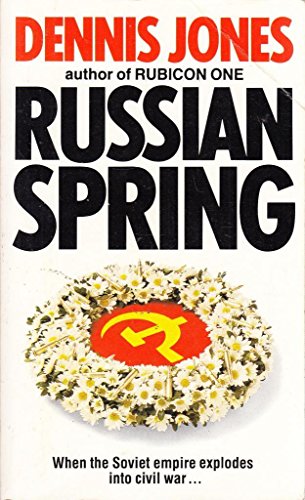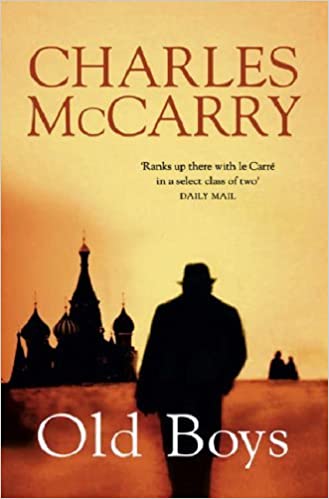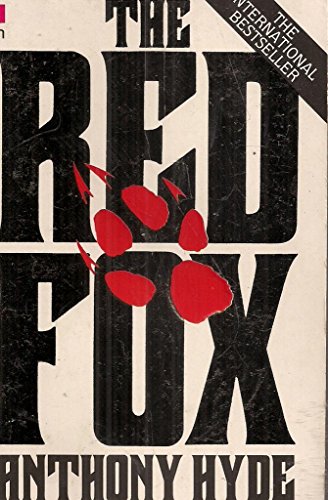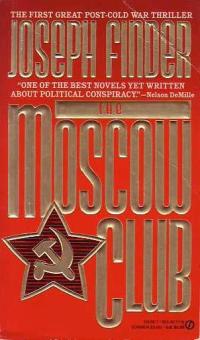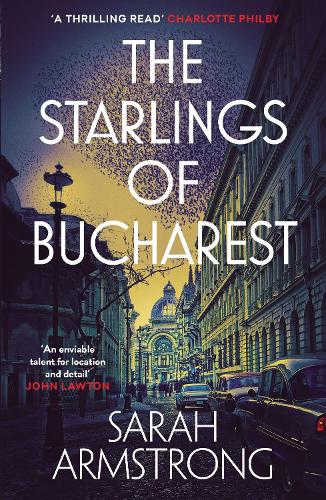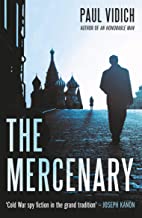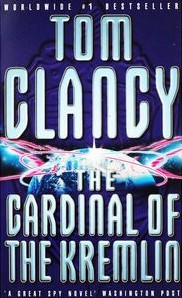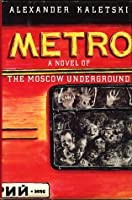
Part two of this review is here
Published nearly four decades ago, Metro has long been a Russia in Fiction favourite. We read it back in the 1980s, and at least a couple of times since, latterly re-reading it for this review.
We think of Metro as one of the last English-language novels about Russia written in the pre-Gorbachev era, before the rapid reforms and unravelling of the Soviet state began. Gorbachev came to power in March 1985. Within a couple of years, events sped up, and the certainties of the Brezhnevite era of stagnation were rapidly dropped out the back of history’s peloton.
Continue reading